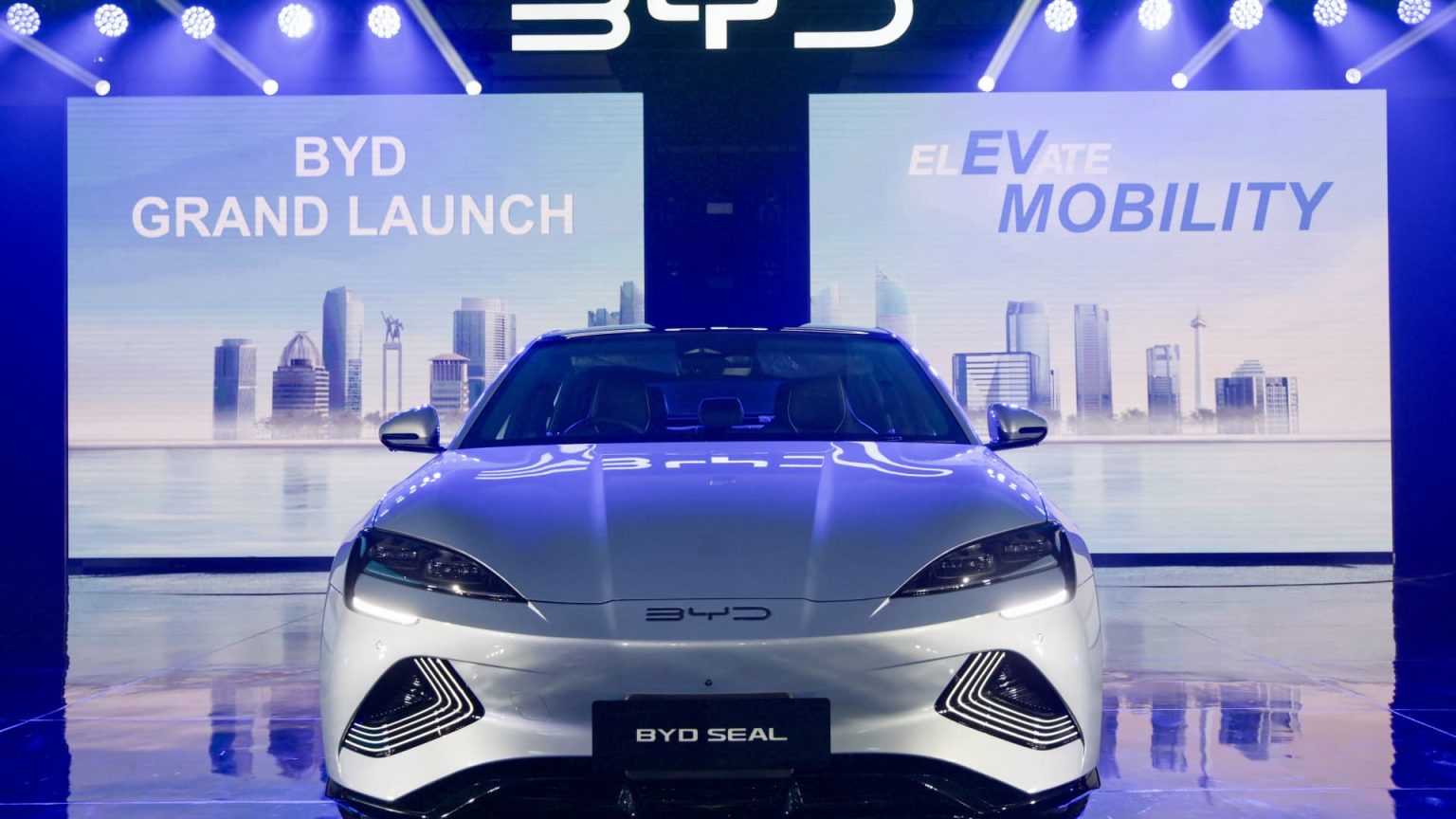China’s Minister of Commerce Wang Wentao defended the rapid growth of the country’s electric vehicle (EV) industry during a roundtable discussion in Paris. He argued that the success of Chinese EV firms was not due to subsidies but to constant innovations, a well-established supply chain system, and market competition. The minister dismissed allegations of overcapacity from the U.S. and Europe, stating that they were without merit. Wang emphasized the important contributions of the Chinese EV industry to global efforts on climate change and green transformation, pledging to protect the legitimate rights and interests of Chinese firms. The discussion also touched on the European Union’s anti-subsidy probe into Chinese EV imports.
The EU launched an investigation in October to determine if tariffs should be imposed on imports of battery EVs from China to offset state subsidies and level the playing field, responding to a significant increase in imports. European Commission President Ursula von der Leyen expressed concerns about the global market being flooded with cheaper electric vehicles due to huge state subsidies, claiming that artificially low prices were a result of these subsidies. In the U.S., Treasury Secretary Janet Yellen raised similar concerns about Chinese industrial overcapacity impacting the American economy, highlighting the need for a level playing field for American workers and firms.
Yellen is currently in China for discussions aimed at managing the bilateral economic relationship between the U.S. and China and advancing American interests. She announced plans for intensive exchanges that would facilitate a discussion around macroeconomic imbalances, particularly focusing on overcapacity. Yellen advocated for a shift away from policies that drive overcapacity, believing that such a move would benefit the American, Chinese, and global economies. The meetings between Washington and Beijing are expected to address concerns related to industrial subsidies and tariffs, as well as broader economic issues impacting both countries.
The visit by Yellen highlights the ongoing tensions between the U.S. and China over economic policies and trade practices. With both sides expressing concerns about industrial overcapacity and subsidies, the discussions are significant for setting the tone of future economic relations. The Chinese government’s defense of its EV industry and commitment to protecting the interests of Chinese firms reflect a continued focus on supporting domestic industries and maintaining a competitive edge in global markets. The outcome of the discussions and any potential policy changes will have implications for the EV industry and broader economic relations between the U.S., China, and the EU.


